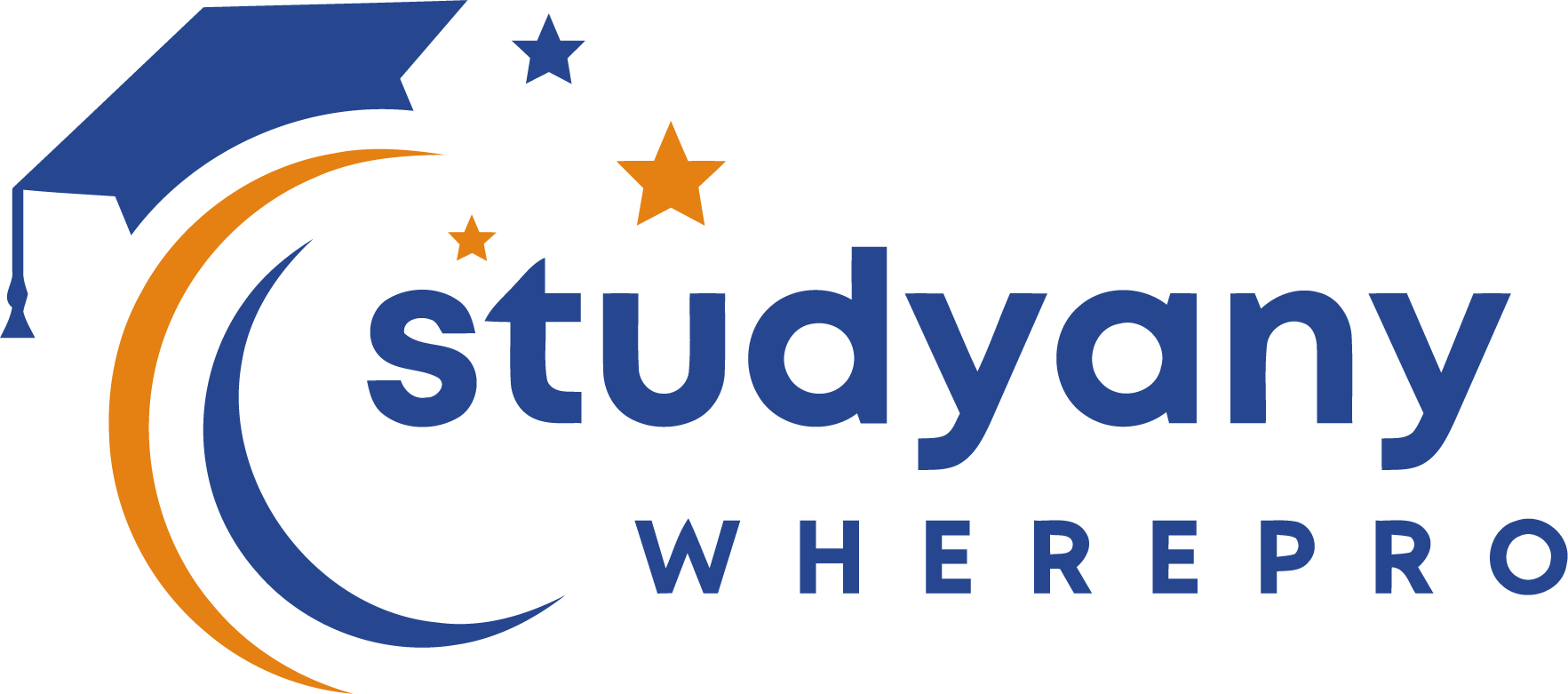who employs perioperative educators for 188000 Perioperative educators are the backbone of surgical teams, responsible for educating and orientating new employees as well as keeping experienced staff current with evidence-based best practice. However, these less-notorious players are often lost in the shuffle. This blog post goes in depth into who perioperative educators are employed by, why they matter and how they impact the future of healthcare.
Who is a Perioperative Educator?
Perioperative educators train health care workers involved in the surgical procedure. They focus on all aspects of care – preoperative, intraoperative and postoperative – to make sure those performing surgery are skilled in the practice. They work with nurses, surgeons, anesthesiologists and other healthcare providers to improve their own skills and knowledge.
| Positive Aspects | Negative Aspects |
| 1. Impact on Patient Safety | 1. High Stress Levels |
| Perioperative educators play a crucial role in training surgical teams, which enhances patient safety and care quality. | The role can be high-pressure due to the critical nature of surgical procedures and the responsibility for ensuring high standards of training. |
| 2. Professional Development Opportunities | 2. Long Hours and Irregular Schedule |
| The role often involves staying updated with the latest surgical techniques and practices, which can be intellectually rewarding and provide continuous learning. | Educators may work long hours, including evenings or weekends, especially when training sessions or surgeries are scheduled. |
| 3. Career Advancement Potential | 3. Administrative and Documentation Burden |
| Being a perioperative educator can lead to career growth opportunities within the healthcare field, including leadership roles. | The role often involves significant administrative duties, such as preparing training materials and maintaining documentation, which can be time-consuming. |
| 4. Collaboration with Healthcare Professionals | 4. Emotional and Physical Demands |
| Educators collaborate with a range of healthcare professionals, fostering a dynamic and collaborative work environment. | The job can be physically demanding, requiring long periods of standing or moving, and emotionally challenging due to the high stakes of surgical environments. |
| 5. Contribution to Improved Surgical Outcomes | 5. Potential for High Responsibility |
| Effective training and education directly contribute to improved surgical outcomes and better patient care. | The role carries significant responsibility, as the quality of training directly affects the competence of surgical teams and patient safety. |
Perioperative Educators are Vital
Perioperative educators are invaluable. They play a crucial role in:
Improving Patient Safety: Perioperative educators help to prepare surgical teams for complicated operations, making critical errors less of a concern.
Better Surgical Outcomes: Quality education breeds well-trained staff, and all are beneficial to patients.
Supporting Ongoing Learning: Given the speed at which healthcare changes,- helps them to manage their workload in more than one area. Educators for perioperative staff to keep them on top of the latest techniques and technologies.
Where Do Perioperative Educators Work?
Hospitals and Medical Centers
Perioperative educators are employed primarily by hospitals. They recognize that specialized training is required so patients will be safe and results of surgery procedures are effective. Many larger medical centers have entire departments dedicated to staff education that includes perioperative training programs.
Educational Institutions
Perioperative educators are also hired by nursing schools and medical colleges. Perioperative nursing is valuable with many higher education institutions offering unique courses and certifications for it but in order to teach the eager learners, we will need experienced educators as well.
Private Practices and Outpatient Surgery Centers
These smaller healthcare facilities, such as private practices and ambulatory surgical centers will employ perioperative educators to ensure that only the highest level of care is provided. They often work part-time or as day laborers to deliver flexible training.
Changing Healthcare with Perioperative Educators
Standardizing Procedures
A primary responsibility of perioperative educators is ensuring standardization in surgical procedures. This keeps everyone on the team accountable, making it less likely for mistakes to occur.
Implementing New Technologies
In our fast-changing perioperative world where new equipment and techniques are advancing daily, the role of a perioperative educator is critical. This causes the surgical team real time updated and better functioning for patient care.
Conducting Simulations
Perioperative education must include simulations. They are tools designed to simulate real-life surgical scenarios for the team practicing and perfecting their technique in a controlled setting, with educators at hand.
HR Managers in Hiring Perioperative Educators
Finding Your Ideal Candidates
The human resources (HR) manager has an important duty of hiring perioeducators. Candidates look for individuals who have experience in perioperative nursing and a love of teaching.
Ensuring Cultural Fit
They also want to ensure that the candidate is a good cultural fit for their organizationMapast The perioperative educator must be a strong team collaborator.
Enabling Career Long Professional Development
After being brought on board, it is up to the HR manager to continue offering these professional development opportunities for those who staff perioperative educators. That they stay current with the most recent developments and styles in teachingategies.
Different Healthcare Settings for Perioperative Educators
Academic Medical Centers
Training programs offered at an academic medical center are often the most cutting-edge. Our perioperative educators are training, researching and helping to develop new surgical techniques.
Community Hospitals
In community hospitals, perioperative educators are doing training skills. They make certain that the employees are nicely-educated about what varieties of surgical procedures which might be frequently utilized in these settings.
Rural Healthcare Facilities
Rural healthcare facilities encounter many of the same difficulties and shortages in resources that other US hospitals do, but they also struggle with some incredibly unique challenges though. Educators in these settings must often wear multiple hats to provide a comprehensive training experience.
The Future of Perioperative Training
All relative to Virtual Reality(Simulacrum)
The future for perioperative education holds promise and high-tech advancements with VR/simulation. Such tools give surgical team members the opportunity to practice complicated procedures in a risk-free, immersive learning environment.
Online Learning Platforms
The popularity of the online learning platforms is growing more and more. Perioperative courses can be more available remotely, which helps to adapt the delivery of education.
Collaborative Interdisciplinary Practice
Perioperative education for the future will likely be increased in interdisciplinary. Under this model, all surgical team members from nurses to anesthesiologists undergo the training.
who employs perioperative educators for 188000
| Pros | Cons |
| 1. Attracts Highly Qualified Candidates | 1. High Salary Cost |
| Offering a competitive salary of $188,000 can attract experienced and skilled perioperative educators. | A salary of $188,000 represents a significant expense for an organization, which may affect the budget. |
| 2. Enhances Quality of Training | 2. Potential Salary Discrepancies |
| High compensation can lead to improved training programs and better outcomes in perioperative settings. | High salaries for certain roles might create discrepancies or dissatisfaction among other staff members with lower pay. |
| 3. Improves Retention Rates | 3. May Limit Hiring Pool |
| Competitive salaries can lead to higher retention rates and reduced turnover among educators. | The high salary requirement might limit the pool of potential candidates, especially in regions with lower average salaries. |
| 4. Demonstrates Commitment to Education | 4. Possible Budget Constraints |
| Offering a substantial salary reflects the organization’s commitment to high-quality education and professional development. | Organizations may face budget constraints that make it difficult to sustain such high salaries over the long term. |
| 5. Enhances Institutional Reputation | 5. Increased Financial Pressure |
| Investing in top-tier educators can enhance the institution’s reputation for excellence in training and education. | The financial pressure of maintaining high salaries might affect other areas of the organization’s budget and operations. |
FAQ
What does it take to become a perioperative educator?
In general, perioperative educator opportunities require candidates to hold a degree in nursing and an active state-level RN license status, with additional training specific to perioperatively registered nurse orientation. Having an advanced certification as well as teaching experience are useful too.
IMPACT OF PREOPERATIVE EDUCATION ON PATIENT CARE
The importance of perioperative education lies in the fact that it adds to better outcomes and care for our patients by providing standardized, consistent knowledge across all members of a surgical team. This reduces the potential for errors, enhances surgical results and supports a healthcare environment that focuses on safety.
Can I take Perioperative Educators online courses?
However, online courses & certifications for perioperative educators are now available in various institutions which offer flexibility of learning to the professionals.
What types of training simulations are used generally?
Perioperative simulations span from expensive high-fidelity mannequins to virtual reality scenarios designed to mimic surgical experiences; this allows healthcare providers the opportunity for skill development and practice in a safe environment.
Perioperative educators need to know How do perioperative get access with Different Advanced in the field
Perioperative educators participate in ongoing professional development, which can be acquired through workshops, conferences and collaboration with other perioperative nurses as well online courses to keep abreast of the newest methodologies, technologies used for surgery/screening purposes etc.







I’m so impressed by the elegance and clarity of your writing. This article has left a lasting impression on me
Thank you very much for your feedback
The beauty of your article lies in its ability to captivate and engage. Your words paint such a vivid picture
Thank you very much for your feedback
This piece is beautifully written and so thoughtfully composed. Your talent for storytelling really shines through
Thank you very much for your feedback